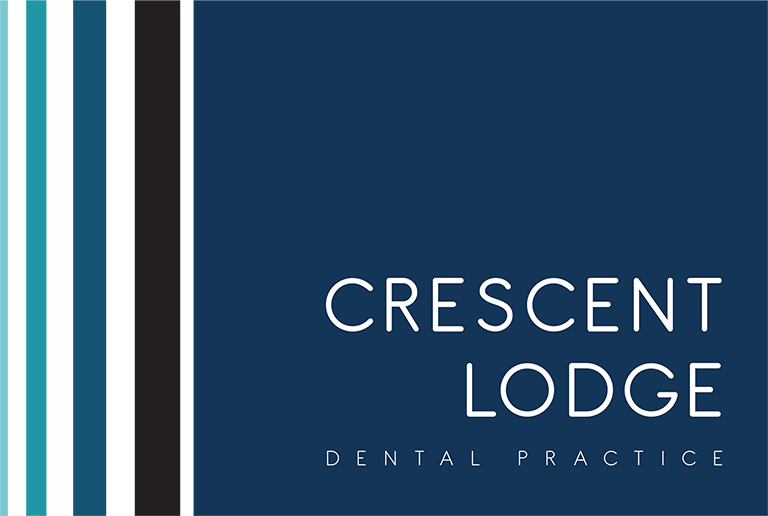4th November 2024
Is a Broken Tooth an Emergency?
What To Do in Case of a Broken Tooth
A broken tooth is a common dental emergency that requires prompt attention to prevent further complications and ensure the best possible outcome for your oral health.
When you experience a broken tooth, the first step is to assess the severity of the damage. If the break is clean and there is no sharp edge or exposed pulp (the innermost layer of the tooth), you may be able to temporarily manage the situation at home. However, if the break is jagged, there is bleeding, or you are experiencing significant pain, it is crucial to seek immediate dental care.
Understanding The Severity of a Broken Tooth
The severity of a broken tooth depends on several factors, including the extent of the damage, the location of the break, and the presence of any underlying dental issues. A minor chip or crack may not require immediate treatment, but a more significant break that exposes the inner layers of the tooth can be a serious problem.
If the break is near the gumline or the tooth is severely damaged, there is a higher risk of infection and other complications. In such cases, prompt treatment is essential to prevent further damage and preserve the tooth, if possible.
Signs That it is an Emergency
There are several signs that indicate a broken tooth requires immediate attention:
- Severe pain or discomfort
- Excessive bleeding or swelling
- Jagged or sharp edges that can cut the tongue or cheek
- Exposure of the inner layers of the tooth (pulp or dentin)
- Difficulty chewing or biting
If you experience any of these symptoms, it is crucial to seek emergency dental care as soon as possible to prevent further complications and ensure the best possible outcome for your oral health.
Precautions to Prevent a Broken Tooth
While some dental emergencies, such as a broken tooth, can be unavoidable, there are several precautions you can take to reduce the risk of experiencing this type of injury:
- Practice good oral hygiene: Regular brushing, flossing, and dental check-ups can help maintain the strength and integrity of your teeth.
- Wear a mouthguard: If you participate in sports or activities with a high risk of dental trauma, wearing a properly fitted mouthguard can help protect your teeth.
- Avoid hard or crunchy foods: Be cautious when eating hard, crunchy, or sticky foods that could potentially crack or break your teeth.
- Seek prompt treatment for dental issues: Address any underlying dental problems, such as cavities or weakened enamel, to prevent further complications.
Common Causes of Broken Teeth
Broken teeth can occur for a variety of reasons, including:
- Trauma or injury: Accidents, falls, or blows to the face can cause a tooth to break.
- Biting on hard objects: Chewing on ice, hard candies, or other hard foods can lead to a broken tooth.
- Tooth decay or weakened enamel: Untreated cavities or erosion of the tooth enamel can make a tooth more susceptible to breaking.
- Teeth grinding (bruxism): Clenching or grinding your teeth, especially during sleep, can gradually wear down and weaken the tooth structure.
- Underlying dental issues: Conditions like gum disease or root canal infections can compromise the tooth’s structural integrity, making it more prone to breaking.
Recognising the signs of a broken tooth and seeking prompt dental care is crucial to preventing further complications and ensuring the best possible outcome for your oral health. At Crescent Lodge Dental Practice in London, we are committed to providing our patients with comprehensive and compassionate dental care, including the management of dental emergencies like a broken tooth.
If you are experiencing a dental emergency, such as a broken tooth, book an appointment with us at Crescent Lodge Dental Practice in London. Our team of experienced dentists is dedicated to providing prompt and effective treatment to restore your oral health and alleviate any discomfort or pain you may be experiencing.

